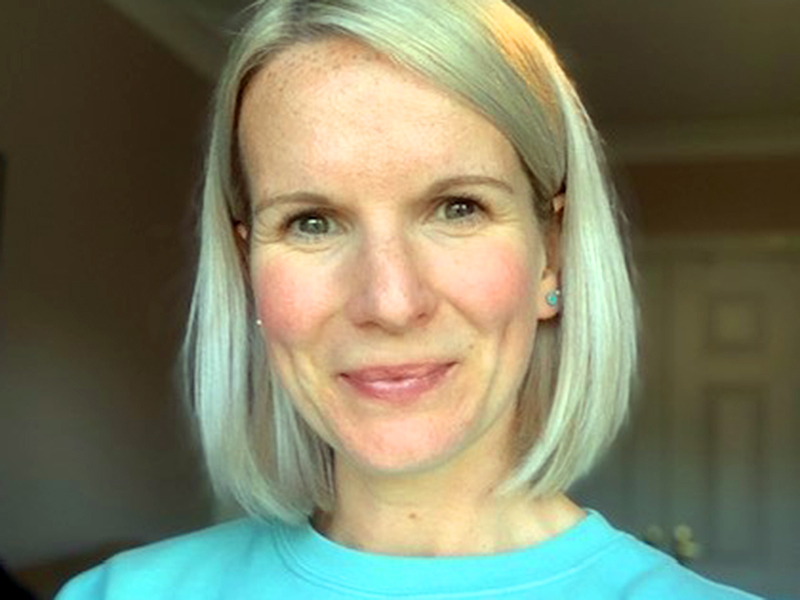Emma Jackson on new benefits proposals
"Please tell me they won’t take away my benefits, there’s no way I can go back to work. My health has deteriorated so badly".
These are the words one of our CAB advisers heard from someone they’re helping. Someone facing utter desperation and fear because of the UK Government’s proposed welfare reforms. Someone like thousands of others in Scotland that’s terrified about what this is going to mean for them.
In June, MPs will vote on proposals to reform disability and health related social security. If the reforms pass, the incomes of millions of sick and disabled people across the UK will be dramatically reduced. Evidence from across the Citizens Advice network in Scotland shows that disabled people already experience disproportionate harm with many forced to endure poverty and inequality.
More than two thirds (67%) of people seeking advice from a CAB have a disability or long-term health condition. This comes at significant cost, especially for those in remote and rural communities. People don’t have enough to live on, many are grappling with debt and destitution, and physical and mental health is getting worse. Poverty is a consequence and cause of disability and ill health, meaning the need for social security has grown alongside poverty rates.
One of the proposals seeks to radically narrow eligibility criteria for the Personal Independence Payment (PIP) so that fewer people can receive this. PIP and its equivalent in Scotland, Adult Disability Payment (ADP), are enabling payments. They exist to cover the additional costs of disability or ill health. They’re not means tested or linked to the ability to work.
Narrowing the criteria to access the daily living component of PIP – which includes support for preparing food or managing incontinence – will remove payments that enable many people to work. More than a quarter (27%) of those seeking ADP advice from our network are in employment. Removing people from the work force, which will happen if these proposals go head, is completely senseless.
It’s unclear what impact the reforms will have on devolved social security in Scotland. Alongside a dramatically reduced budget, complexity could be added to the system, making it more difficult for people to claim payments they’re entitled to. It is imperative the UK Government works closely with the Scottish Government to avoid this.
People urgently need reassurance, as is clear from the CEO of Glasgow Northwest CAB: "We’ve already seen a spike in demand from people asking what this is going to mean. People are so worried – I don’t know how much more they can take. Or our advisers. How do we tell even more people who are cold and hungry, facing mounting debts and deteriorating health there’s nothing else we can do to increase their incomes? This will be devastating for all of us".
There’s a choice to be made; improving the circumstances of sick and disabled people should not be a difficult one. It’s clear for us when we hear the worry in the voices of our advisers and the thousands who visit our CABs, our leaders need to listen too - these reforms do not need to go ahead.
Emma Jackson is head of social justice at Citizens Advice Scotland.
This column was first published in the Herald www.theherald.co.uk







